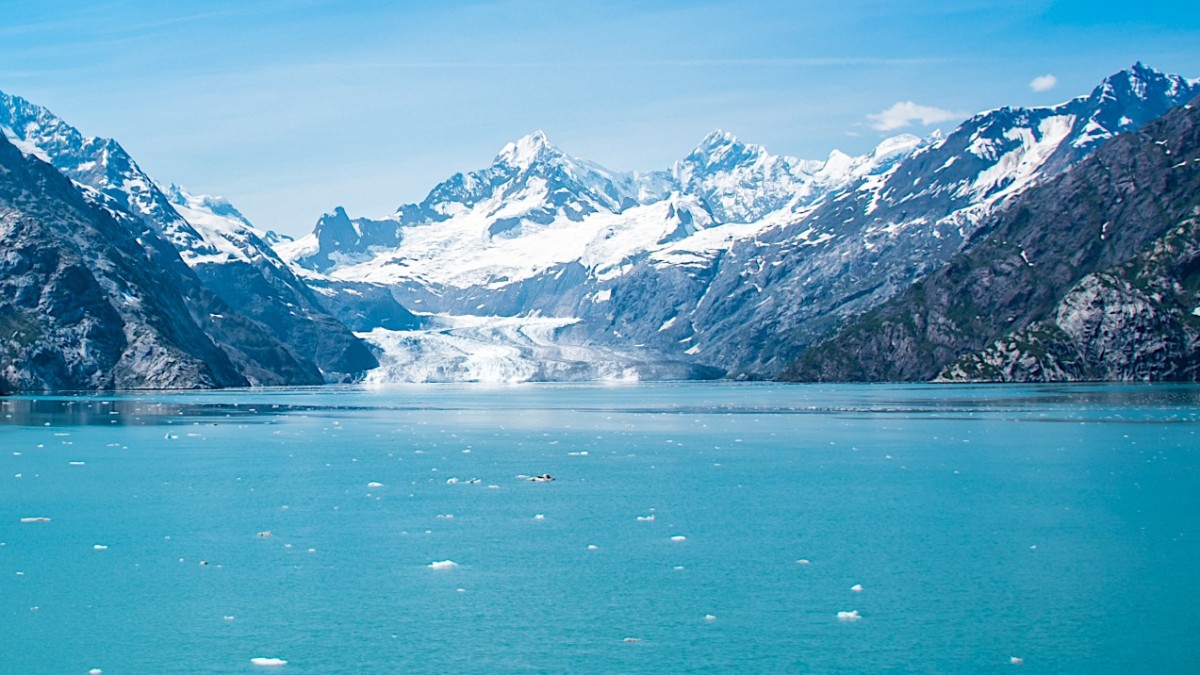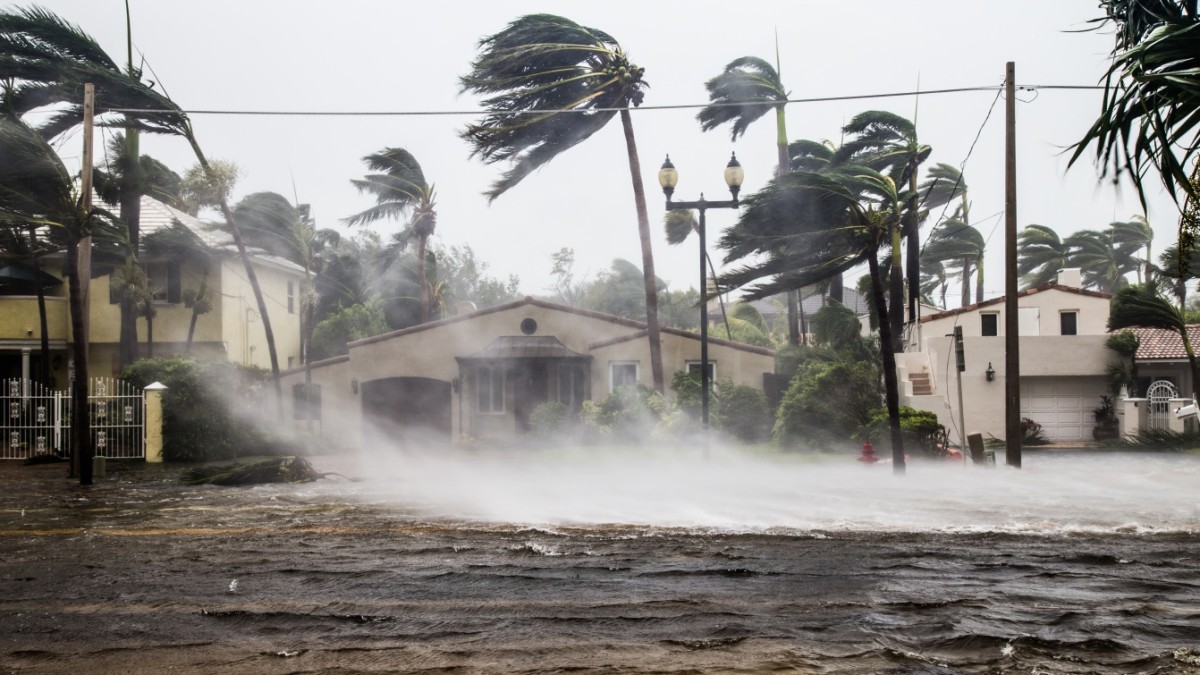Human-generated greenhouse gases are heating up oceans and melting ice sheets across the planet, and these changes are already wreaking havoc on ecosystems—and it’ll only get worse from here. That’s according to comprehensive new report from the Intergovernmental Panel on Climate Change, a group convened by the United Nations to study the science of climate change and make recommendations to policymakers.
This latest report draws on information from thousands of published studies and was reviewed by over 100 authors from 36 countries. It focuses on how a warming planet is damaging the oceans and the cryosphere (the parts of the earth that are covered in ice), both of which are critical to life around the globe. The researchers don’t sugarcoat anything: These regions, and the creatures and humans that depend on them, are in big trouble.
670 million people in high mountain regions and 680 million people living along coastal zones depend on ice and oceans for drinking water, food, and their livelihoods, the report states. Damage from human-generated emissions has already begun to change these ecosystems. According to the report, the planet has warmed 1 degree Celsius above the pre-industrial average temperature, the oceans are warmer and more acidic than normal, and ice sheets are melting at unprecedented rates.
“The rapid changes to the ocean and the frozen parts of our planet are forcing people from coastal cities to remote Arctic communities to fundamentally alter their ways of life,” Ko Barrett, Vice-Chair of the IPCC, said in a press release.
In mountainous areas, glaciers, snow, and ice are disappearing, and that process will only accelerate as the planet continues to heat up. The report states that if current emissions continue, small glaciers in places like Europe, eastern Africa, and the Andes mountains in South America are expected to lose 80 percent of their ice by 2100. That could destabilize high mountain ecosystems and set off devastating landslides, avalanches, rockfalls, and flooding. In addition, many people in these areas rely on water from glaciers for everything from drinking to irrigation. As the glaciers shrink, water supplies and water quality will plummet, with catastrophic effects for agriculture and hydropower. The changes will cascade well beyond the mountains, too.
“Changes in water availability will not just affect people in these high mountain regions, but also
communities much further downstream,” said Panmao Zhai, Co-Chair of IPCC Working Group I, in the press release.

Melting ice poses another dire threat. According to the report, the global sea level rose roughly 15cm during the 20th century. It’s now rising twice as fast—at a rate of 3.6mm annually—and speeding up. That’s largely due to melting ice sheets in Greenland and Antarctica, as well as the fact that warm water expands compared to colder water. The researchers predict that even if we cut back sharply on emissions and limited global warming to well below 2 degrees Celsius, the global sea level could top out at around 30-60cm above normal by 2100. If emissions continue unabated, the oceans could rise to 60-110cm above normal.
Either scenario spells disaster for coastal areas. The report states that once-in-a-century storm surges and floods could become yearly events by 2050. In addition, global warming will spawn more intense storms and heavier rainfall, making flooding even more destructive.
Ice isn’t the only thing melting, either. Permafrost, or the layer of permanently frozen ground near the poles, is also under threat. That’s especially alarming, the report states, because these areas hold high levels of organic carbon. As the ground thaws, this carbon gets released into the atmosphere, worsening climate change.

Obviously, these changes will have a profound effect on the creatures who live in or near the ocean. The ocean has already absorbed over 90 percent of the excess heat around the globe, the report states. That has reduced mixing between layers of the ocean, which cuts down available nutrients and oxygen for marine life. On top of that, ocean heatwaves have doubled in frequency since 1982, and they’re becoming increasingly more intense. All this spells disaster for corals, fish, and other marine life, who live in a delicate balance and are highly sensitive to changes in the water.
Once released from tailpipes and smokestacks, greenhouse gases don’t just stick around in the atmosphere—they’re absorbed by the ocean, too. The researchers point out that the ocean has soaked up fully 20-30 percent of human-generated carbon dioxide released since the 1980s. That causes the water to become more acidic, and marine life either dies or moves to other parts of the ocean. That, in turn, alters the local ecosystem and can ruin local fisheries, which many coastal economies depend on.
The response to these findings is clear: We have to transform human society to be more sustainable. To combat these cataclysmic changes, the IPCC recommends a sharp reduction in greenhouse gas emissions, greater protection for ecosystems, and “carefully managing the use of natural resources.”
To prevent the worst possible scenario, we’d need to keep global warming well below 2 degrees Celsius—the threshold set by the Paris Climate Agreement. That would require ”unprecedented transitions in all aspects of society, including energy, land and ecosystems,” said Debra Roberts, Co-Chair of IPCC Working Group II. But there’s no other choice if we want to keep Earth habitable.
“The more decisively and the earlier we act,” Roberts said, “the more able we will be to address unavoidable changes, manage risks, improve our lives and achieve sustainability for ecosystems and people around the world—today and in the future.”
from Men's Journal https://ift.tt/2nidH2L
No comments:
Post a Comment